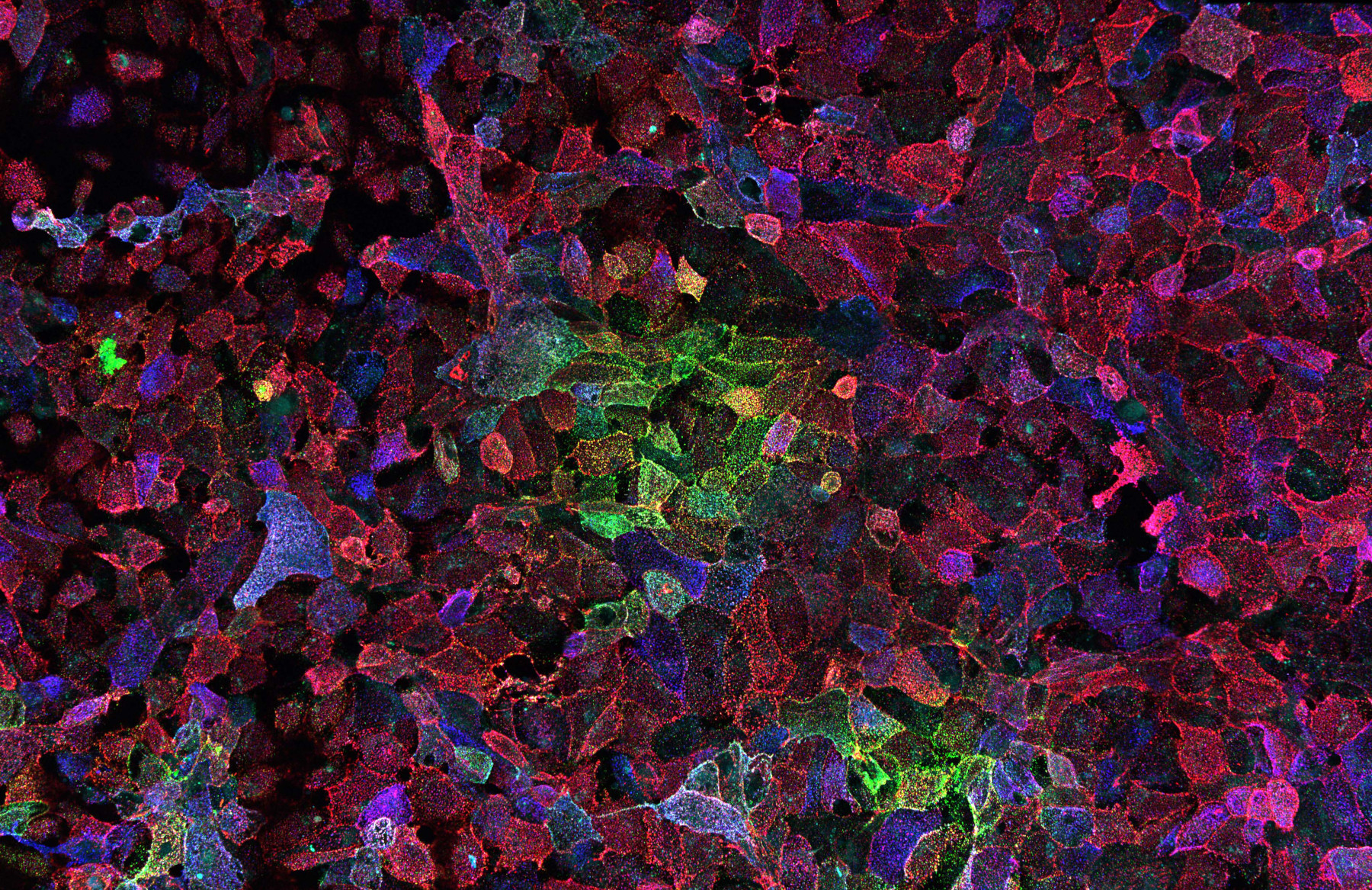Remember when we thought Covid was a two-week illness? So does Michael Peluso, assistant professor of medicine at the University of California, San Francisco.
He recalls the rush to study acute Covid infection, and the crush of resulting papers. But Peluso, an HIV researcher, knew what his team excelled at: following people over the long term.
So they adapted their HIV research infrastructure to study Covid patients. The LIINC program, short for “Long-term Impact of Infection with Novel Coronavirus,” started in San Francisco at the very beginning of the pandemic. By April 2020, the team was already seeing patients come in with lingering illness and effects of Covid — in those early days still unnamed and unpublicized as long Covid. They planned to follow people’s progress for three months after they were infected with the virus.
Comments closed
